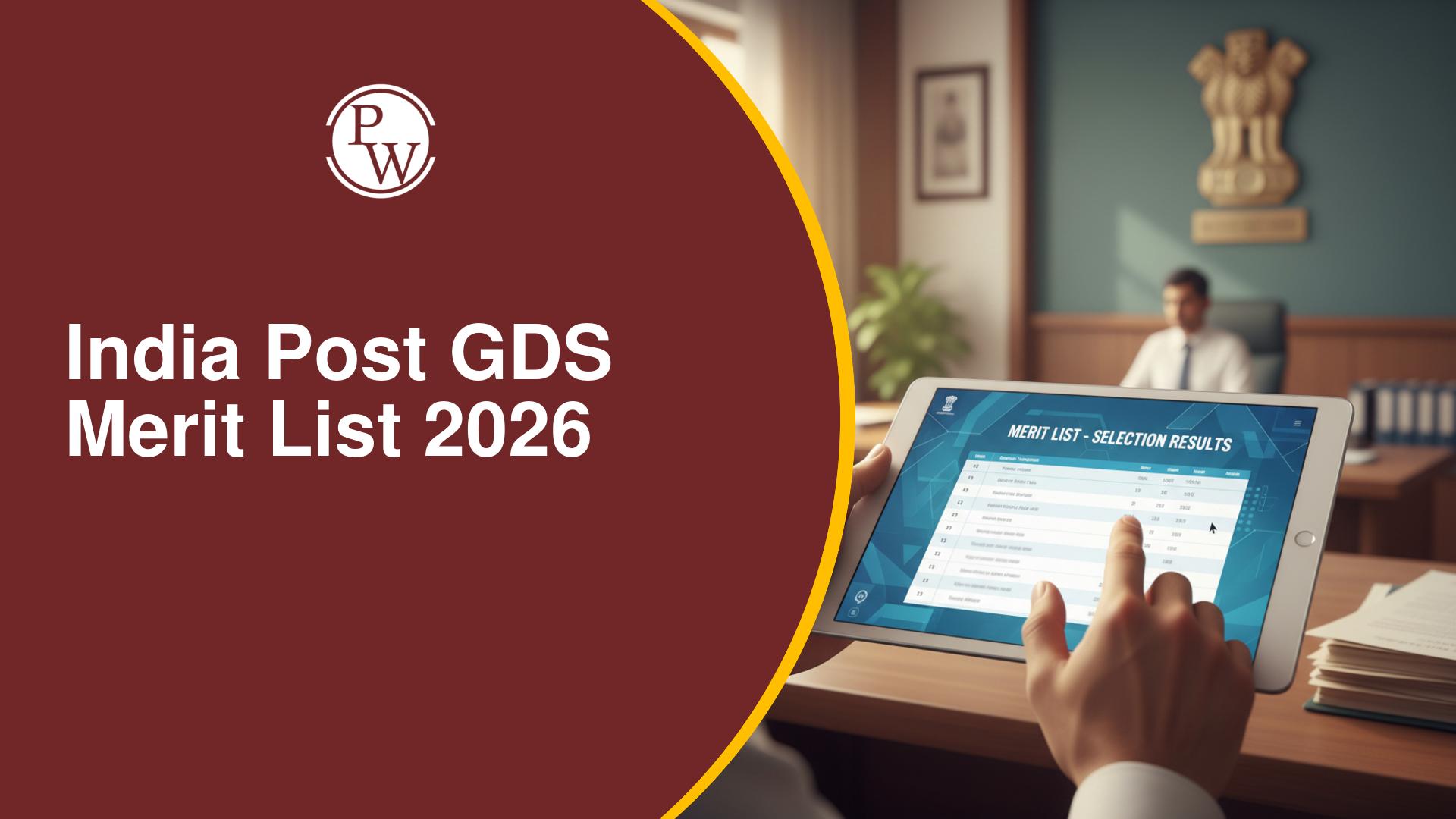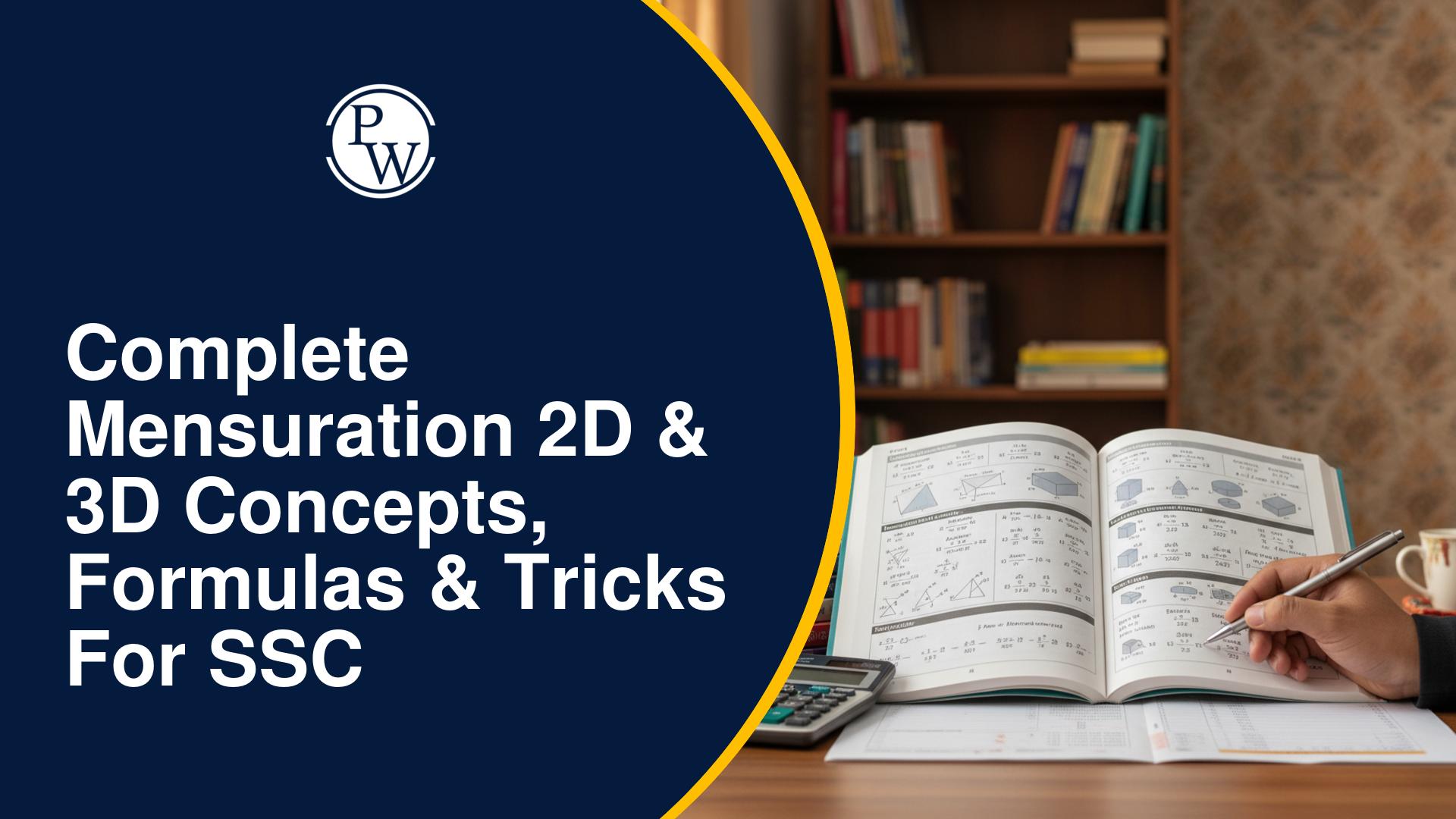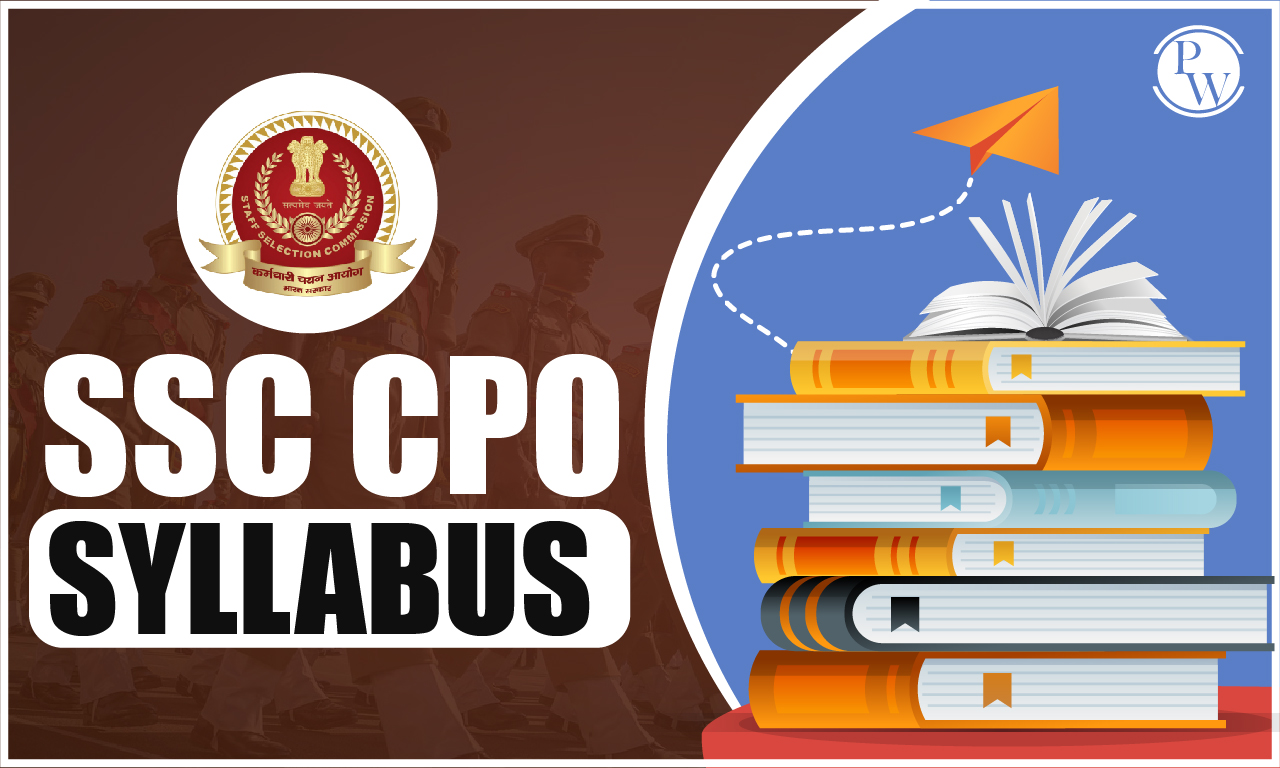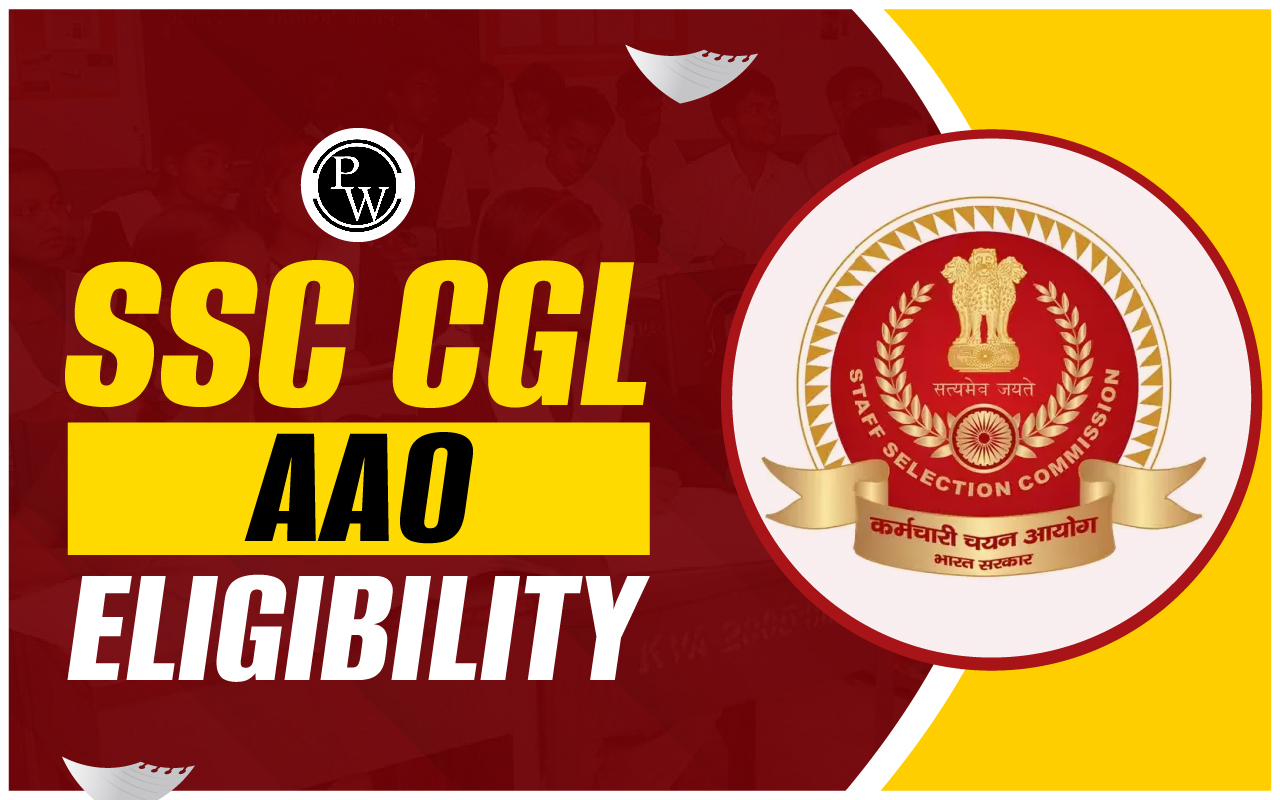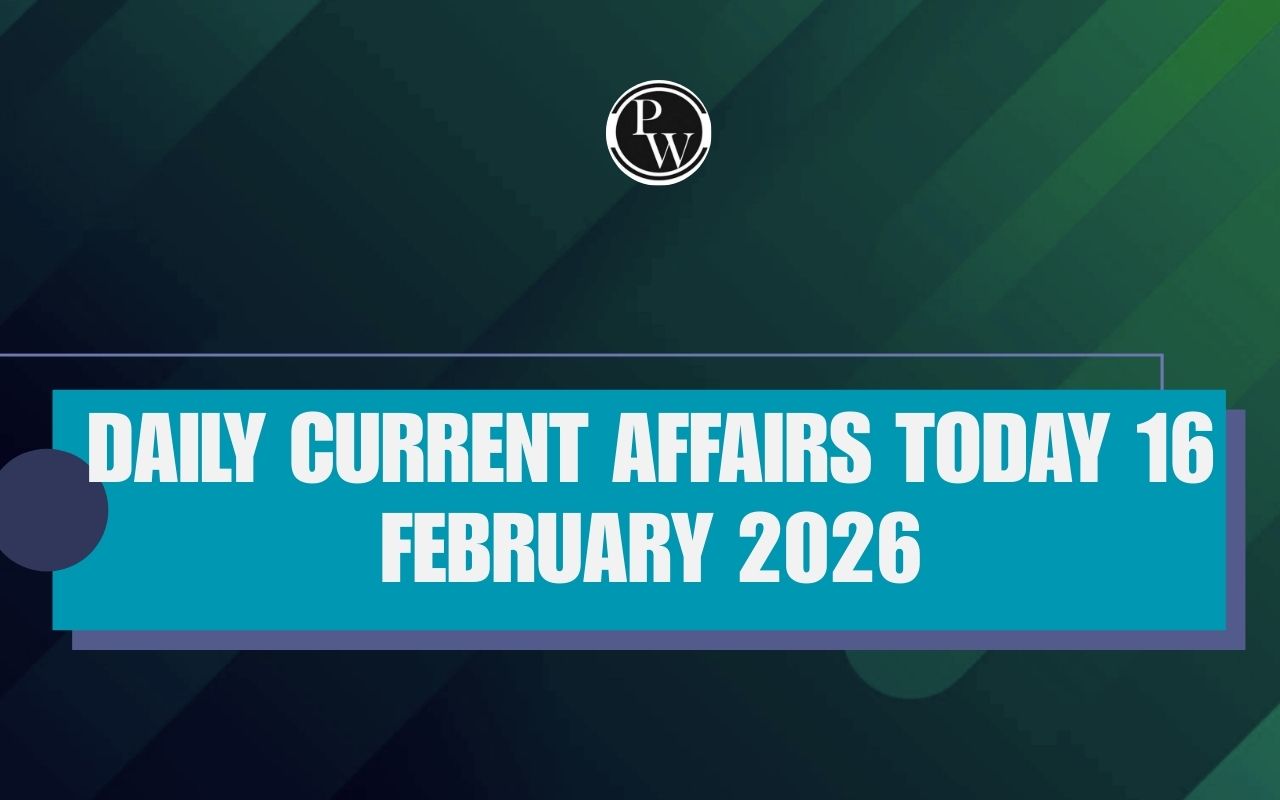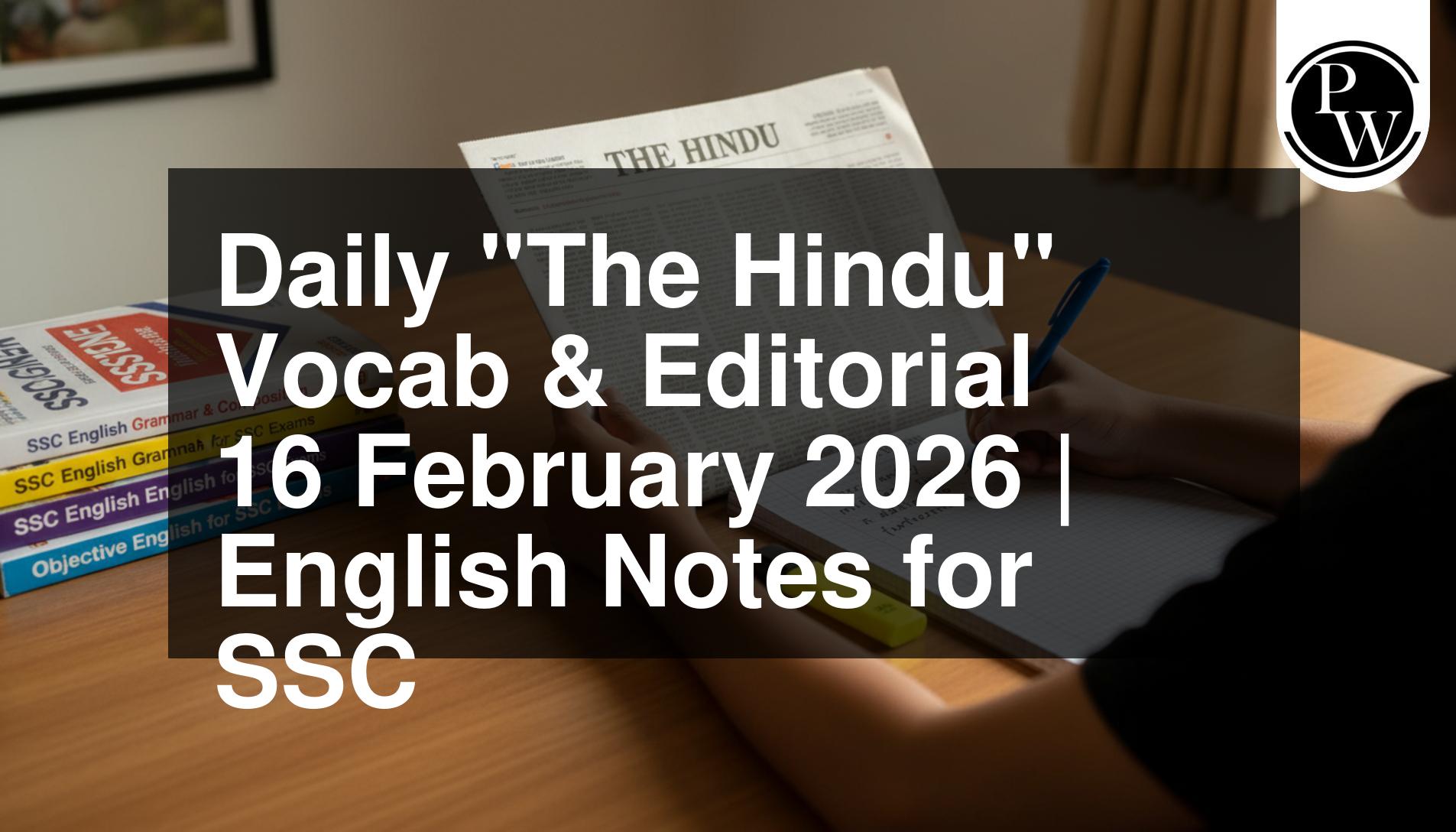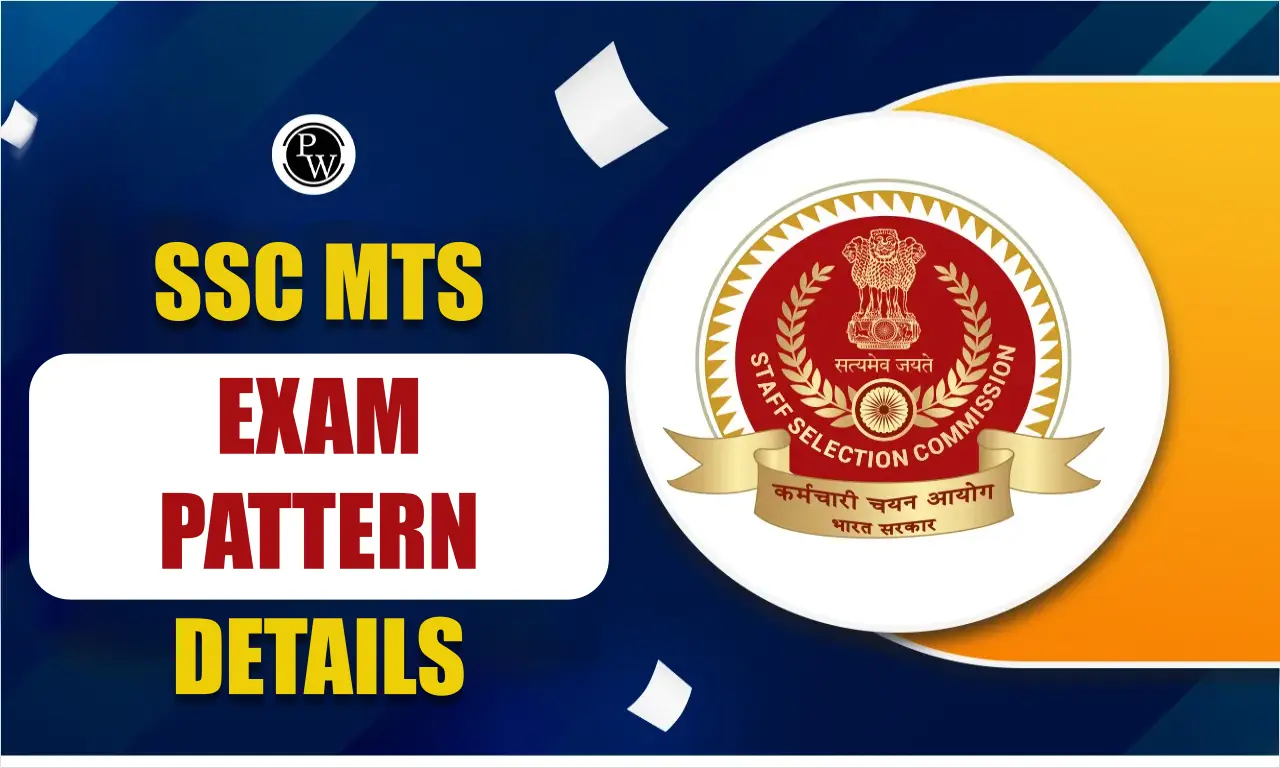
SSC CGL JSO Syllabus 2025: The SSC conducts the SSC CGL examination annually to recruit candidates for various posts in central government departments. One of the posts in this recruitment is the Junior Statistical Officer (JSO). Unlike other posts under SSC CGL, the JSO role requires a strong understanding of statistical concepts. To shortlist suitable candidates for this post, the SSC includes a dedicated Paper-II (Statistics) in Tier 2 of the CGL examination. Therefore, it becomes crucial for aspirants to understand the SSC CGL JSO Syllabus 2025 in detail for preparation.
SSC CGL JSO Syllabus 2025
Candidates applying for the JSO post must be well-prepared in specific subjects related to statistics, along with the other subjects that are covered in the CGL exam. The exam is divided into two tiers, each with its topics. Let’s break down the SSC CGL JSO Syllabus for each tier.SSC CGL JSO Exam Pattern 2025
Before checking the syllabus, candidates must understand the exam structure. The selection process for JSO under SSC CGL comprises Tier 1 and Tier 2, both of which are computer-based tests. While Tier 1 is common for all CGL posts, Tier 2 includes specialized papers. Candidates applying for the JSO post have to appear for Paper I and Paper II (Statistics) in Tier 2. Paper I is compulsory for all posts, whereas Paper II is specific to JSO and requires preparation based on statistical concepts.
SSC CGL JSO Syllabus 2025 for Tier 1
All SSC CGL aspirants, including those applying for JSO, have to appear for Tier 2 Paper-I. This paper is designed to test a candidate’s various subjects. The important topics include:
| SSC CGL JSO Syllabus 2025 for Tier 1 | |
| General Intelligence and Reasoning | This section assesses your logical thinking and problem-solving abilities. Key topics include:
|
| General Awareness | Important topics include:
|
| Quantitative Aptitude | This section evaluates your mathematical skills. Key topics include:
|
| English Comprehension | This section measures your command of the English language. Important topics include:
|
SSC CGL JSO Syllabus 2025 for Tier 2
For the JSO post, Tier II is particularly important as it includes specialized papers on Statistics other than subjects similar to the Tier 1 exam.SSC CGL JSO Syllabus for Mathematical Abilities
All SSC CGL aspirants, including those applying for JSO, have to appear for Tier 2 Paper-I. Get the details of the Mathematical Abilities topics from the table given below.|
SSC CGL JSO Syllabus for Mathematical Abilities |
|
| Subject | Topics |
| Number Systems |
|
| Fundamental arithmetical operations |
|
| Algebra |
|
| Geometry |
|
| Mensuration |
|
| Trigonometry |
|
| Statistics and probability |
|
SSC CGL JSO Syllabus for General Intelligence
Get the details of the General Intelligence syllabus from the table given below.|
SSC CGL JSO Syllabus for General Intelligence |
|
| Reasoning and General Intelligence |
|
SSC CGL JSO Syllabus for English Language
Get the details of the English Language syllabus for Tier 2 from the table given below.|
SSC CGL JSO Syllabus for English Language |
|
| English Language And Comprehension |
|
SSC CGL JSO Syllabus for General Awareness
Get the details of the General Awareness syllabus for Tier 2 from the table given below.|
SSC CGL JSO Syllabus for General Awareness |
||
| Module II | General Awareness |
|
SSC CGL JSO Syllabus for Computer Knowledge
The SSC CGL JSO Syllabus includes a Computer Knowledge module in Tier 2, Paper-I. It covers topics like MS Office, internet basics, email, computer hardware/software, memory, networking, and cybersecurity. This section tests practical digital skills essential for the JSO role.
SSC CGL JSO Statistics Syllabus
Paper II is the core paper for candidates applying for the JSO post and carries 100 questions for 200 marks. The duration of the paper is 2 hours. The paper is purely objective in type and evaluates a candidate’s knowledge of statistical methods and theories. Let’s break down the syllabus into different topics:
- Collection and Representation of Data: Methods of data collection, presentation, and classification; frequency distributions; graphical representations (histograms, bar charts, pie charts).
- Measures of Central Tendency: Mean, median, mode, and their applications in various data sets.
- Measures of Dispersion: Range, mean deviation, variance, standard deviation, and coefficient of variation.
- Moments, Skewness, and Kurtosis: Concepts of moments, skewness, and kurtosis; their significance in data analysis.
- Correlation and Regression: Linear correlation, rank correlation, regression equations, and analysis.
- Probability Theory: Basic probability concepts, conditional probability, Bayes’ theorem.
- Random Variables and Probability Distributions: Discrete and continuous random variables, binomial, Poisson, and normal distributions.
- Sampling Theory: Concepts of population and sample, types of sampling, sampling distributions.
- Statistical Inference: Estimation (point and interval), hypothesis testing, types of errors, significance tests.
- Analysis of Variance (ANOVA): One-way and two-way ANOVA, F-test.
- Time Series Analysis: Components of time series, moving averages, and trend analysis.
- Index Numbers: Concepts, types, methods of construction, and uses of index numbers.
PW provides SSC exam content, including SSC Exam Blogs, sample papers, mock tests, guidance sessions, and more. Also, enroll today on SSC Online Coaching for preparation.
SSC CGL JSO Syllabus FAQs
What subjects are covered in Tier-I?
What is the focus of Paper II in Tier-II?
Is mathematics important for JSO?
How can I prepare effectively?

